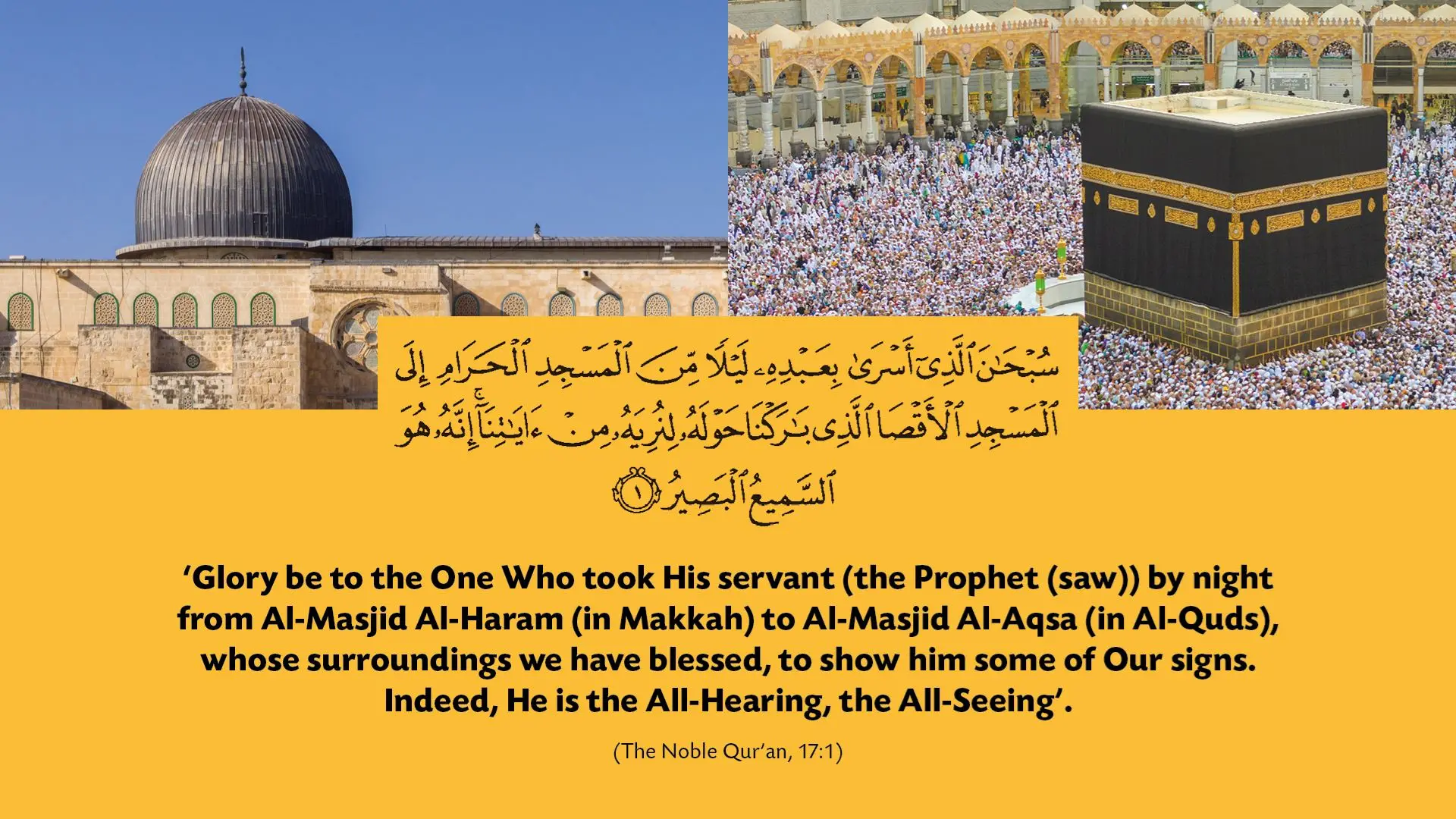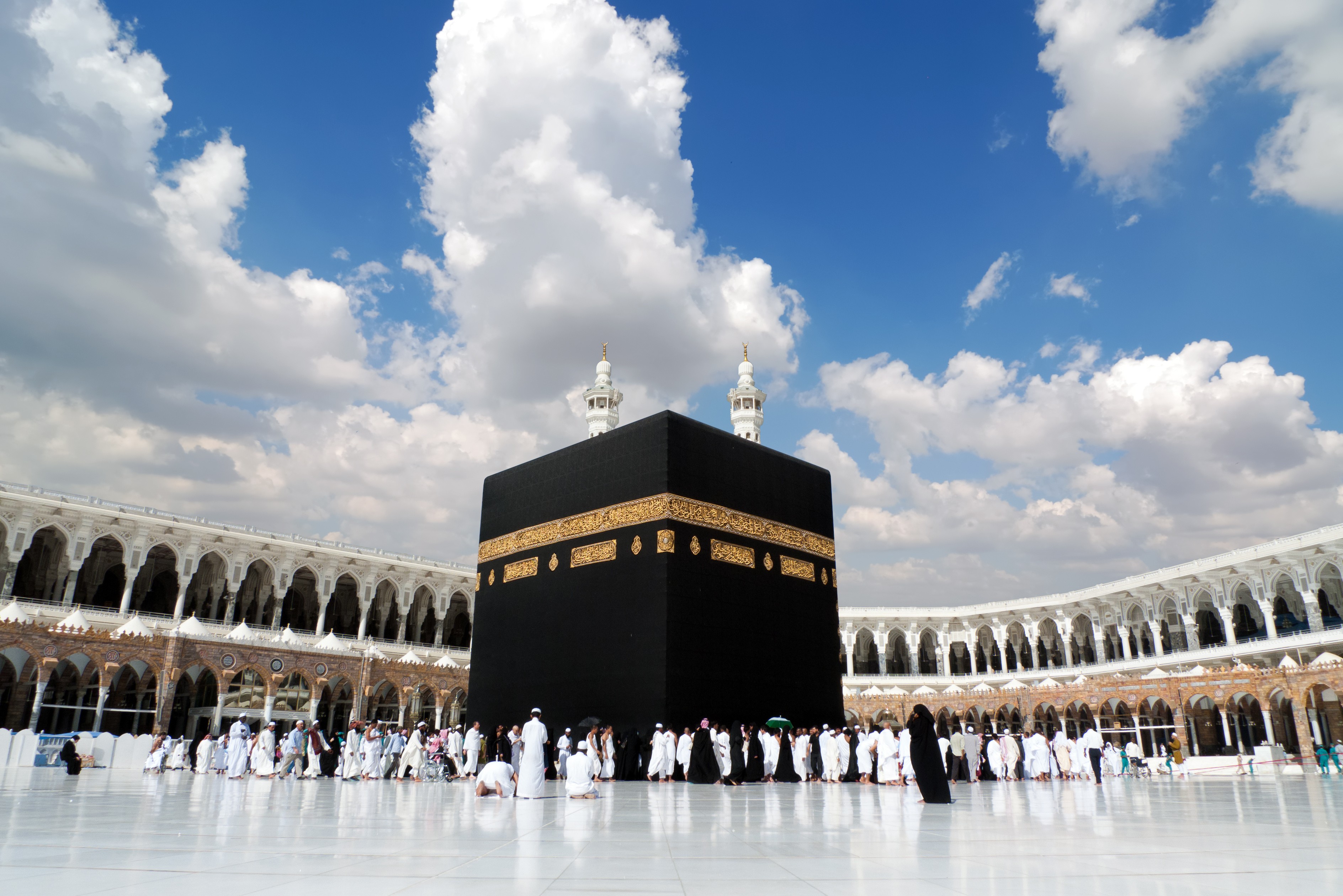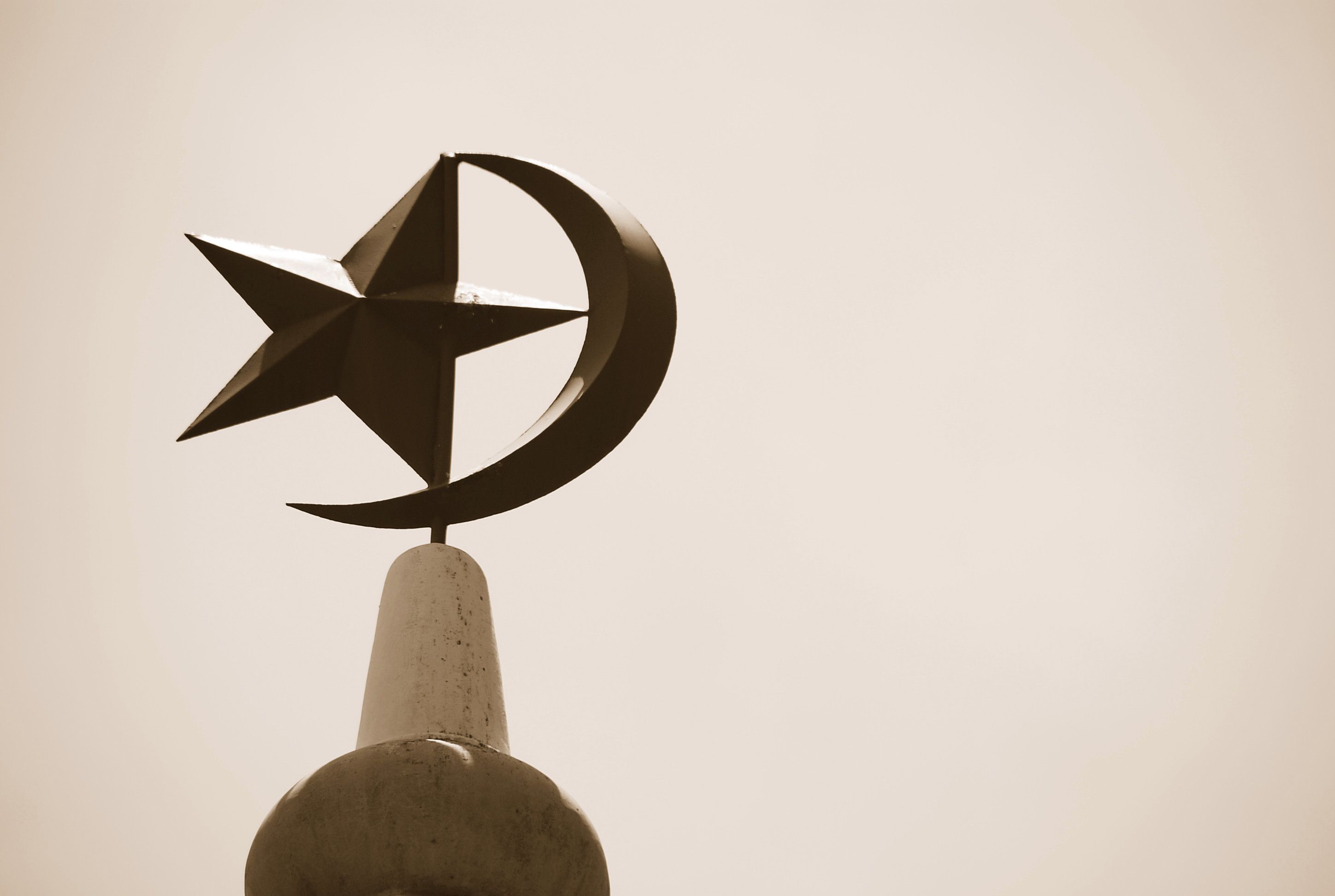Tag: islamic history
-

The Night Journey : The Miracle of Isra’ and Mi’raj
The verse of Isra' in the Qur'an is clear not liable to hesitation or reluctance in saying that Allah had caused His servant to travel by night from Al-Masjid Al-Haram to Al-Masjid Al-Aqsa like you say; I traveled by night from such and such place to such and such place. So, there is no room…
-

The Ka’aba And The Abrahamic Tradition
The story of Prophet Ibrahim's migration from Babylonia to Syria-Palestine (Kan'an), then to Egypt, then his return to Palestine and subsequently his coming with his wife Hajar and son Isma'il to Makka is well-known. These epoch-making travels took place roughly at the beginning of the second millennium B.C. Ibrahim had at first called his own…
-

Waraqa ibn Nawfal : Probing Christian Polemics
Discover more about the intriguing relationship between Waraqa ibn Nawfal and Prophet Muhammad(P). Dive into the exploration of historical context, narrative accuracy, and understand why Jochen Katz's claims may be disputed by scholars. Can we truly validate the extent of Waraqa's influence? Let's delve deeper.
-
Context and Relevance : Sūra At-Tawbah Reexamined
This article delves into Sura At-Tawbah, one of the Qur'an's pivotal chapters, reexamining its historical context, interpretations, and ongoing relevance. We explore how this Sura addresses issues of justice, peace, and the complexities of treaty obligations, offering insights into its teachings and their implications for contemporary understanding.
-
Qadi Iyad : The Story of Zayd and Zaynab
Translated by Aisha Bewley from Muhammad, Messenger of Allah, Ash-Shifa of Qadi ‘Iyad, Madinah Press, Granada (1991), pp. 352 – 354 Editor’s Note In addressing the polemics of Christian missionaries and Orientalists regarding the marriage of Zaynab (R), Qadi Iyad’s thorough analysis of the Islamic tradition provides a powerful counter-narrative. He meticulously dissects the context and the scriptural bases…



